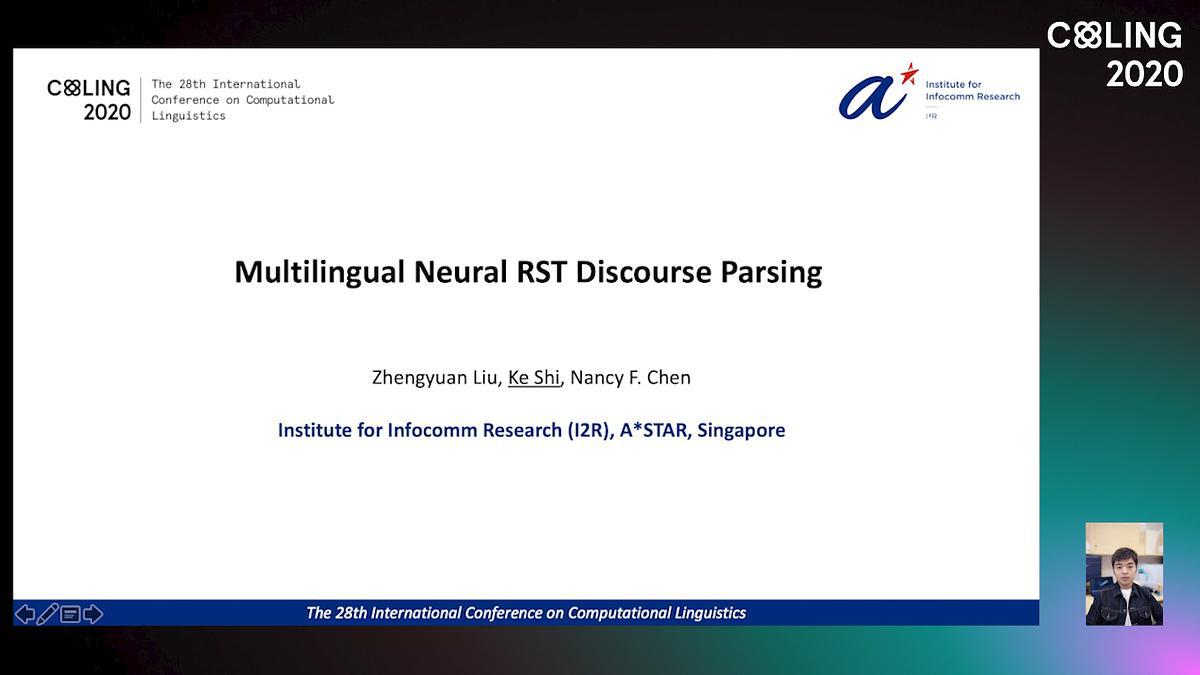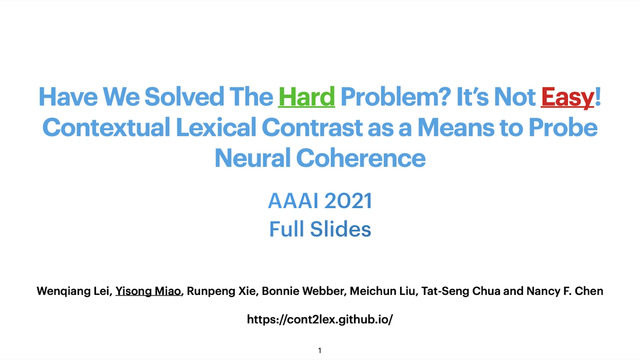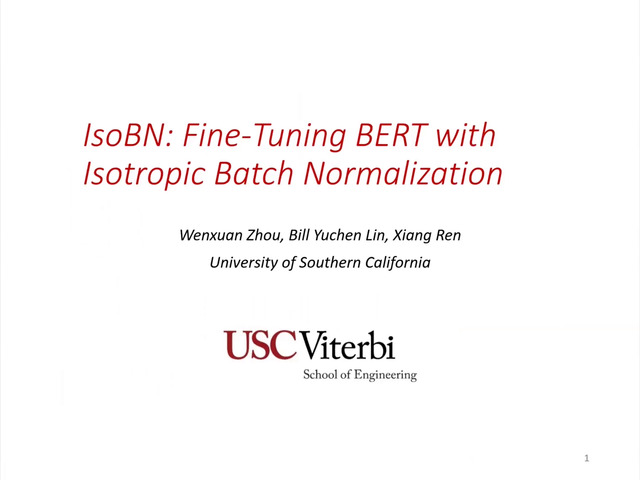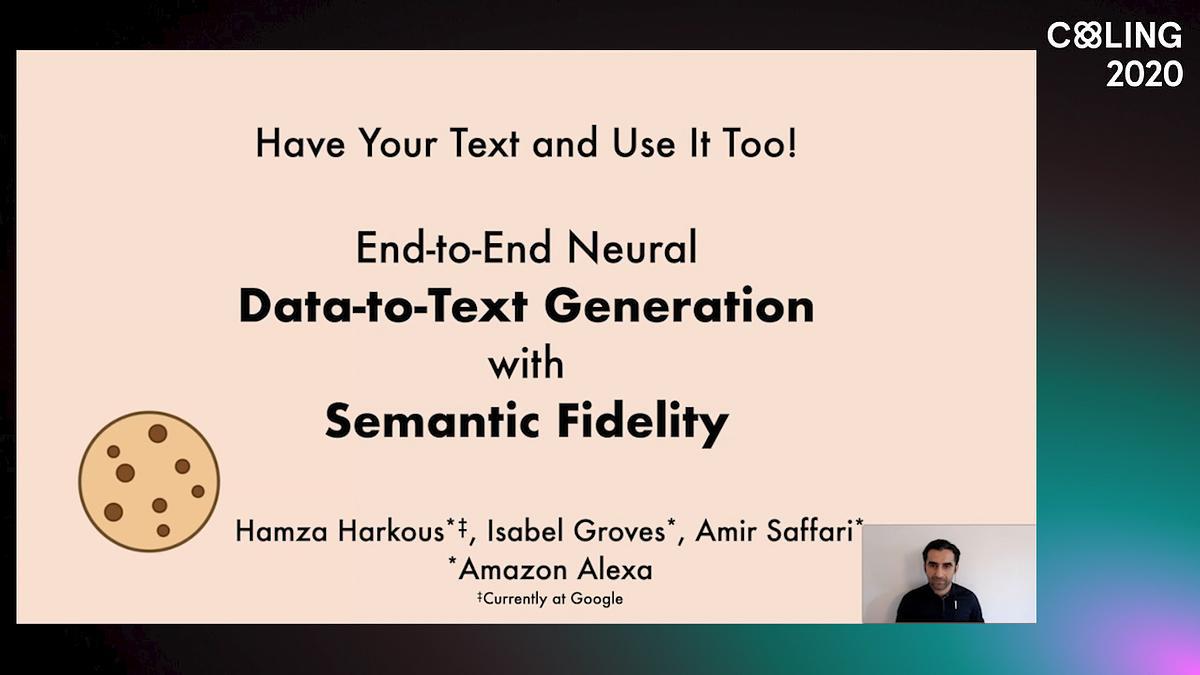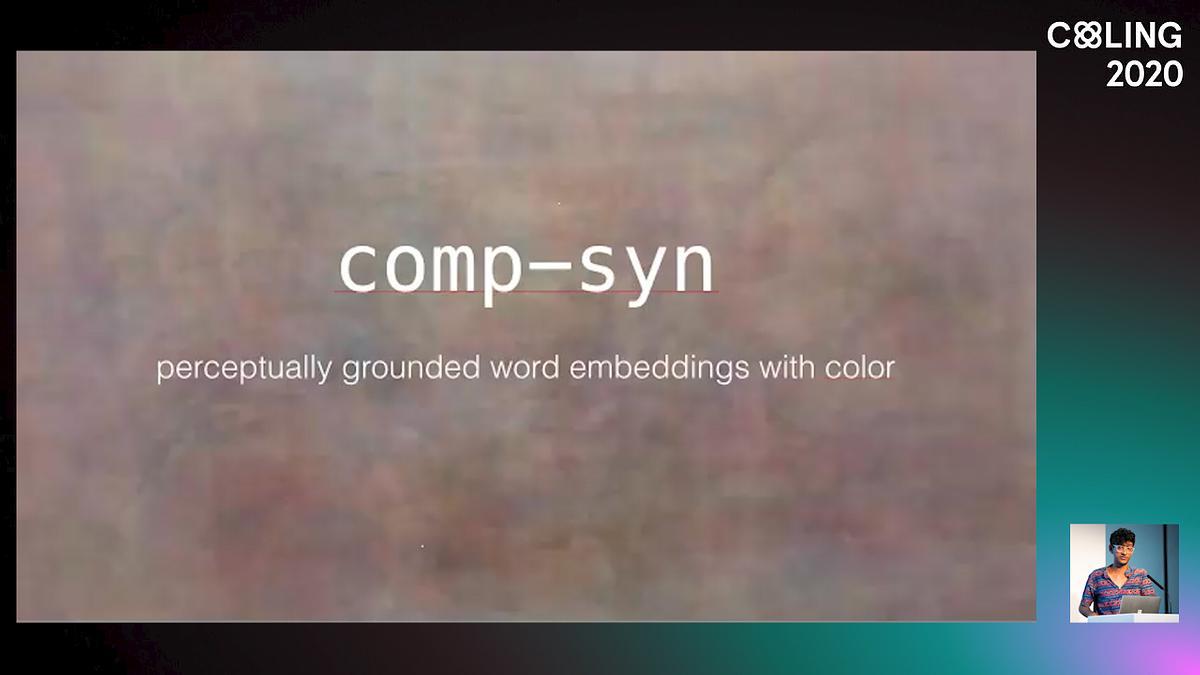Abstract:
Contextualized word embeddings have been employed effectively across several tasks in Natural Language Processing, as they have proved to carry useful semantic information. However, it is still hard to link them to structured sources of knowledge. In this paper we present ARES (context-AwaRe Embeddings of Senses), a semi-supervised approach to producing sense embeddings for the lexical meanings within a lexical knowledge base that lie in a space that is comparable to that of contextualized word vectors. ARES representations enable a simple 1 Nearest-Neighbour algorithm to outperform state-of-the-art models, not only in the English Word Sense Disambiguation task, but also in the multilingual one, whilst training on sense-annotated data in English only. We further assess the quality of our embeddings in the Word-in-Context task, where, when used as an external source of knowledge, they consistently improve the performance of a neural model, leading it to compete with other more complex architectures. ARES embeddings for all WordNet concepts and the automatically-extracted contexts used for creating the sense representations are freely available at http://sensembert.org/ares.














